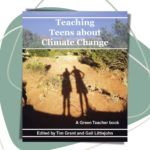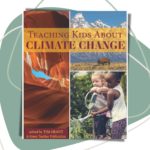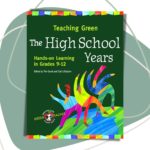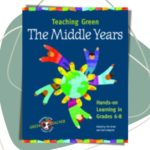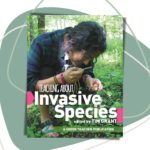Maskwi’omin: A Birch Bark Antibiotic
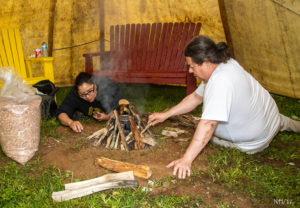
To view the photo-rich magazine version, click here.
Originally appears in the Summer 2018 issue.
MODERN MEDICINE is a result of the scientific study of biology, chemistry, and, in some cases, accidental discovery. In K–12 science instruction, teachers have access to a multitude of resources which reflect the developments of Western medicine, but there are very few resources available to share alternative perspectives. In every region of Canada there are Indigenous people who have acquired local and applied scientific knowledge based on traditional forms of authentication and knowledge sharing. Though more resources are becoming available, it can be difficult to access this knowledge as a teacher or as a scientist. In the past, traditional wisdom was often disregarded in favour of Western scientific approaches to discovery and Western validation of knowledge. However, as we begin the process of reconciliation in Canada, an important aspect of this process is to acknowledge the contributions of non-Western scientists to innovation and technological advancement both for the progress of university research and in the education of K–12 students. This article outlines how university partnerships with Indigenous communities can bring traditional knowledge to the forefront, and additionally how this inclusive scientific approach can be translated to high school science education.
This content is restricted to subscribers only.
If you are not yet a subscriber, please consider taking out a subscription here.
If you are an existing subscriber, kindly log in or contact us at info@greenteacher.com for more information.






